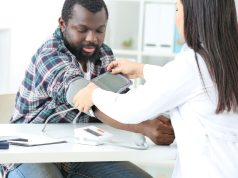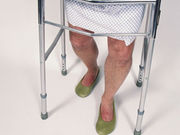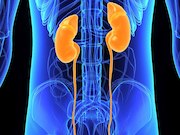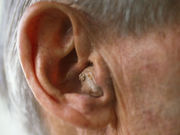Opioids Often Prescribed Unnecessarily for Migraine
And many patients may not be getting recommended medications
Insufficient Sleep May Lead to Increased Risk-Taking Behavior
Chronic sleep restriction but not acute sleep deprivation associated with financial risk seeking
Increased Risk of MI, Stroke for Patients With Hip Fracture
30-day cumulative incidence substantially higher than among general population
No Increase in Acute Kidney Injury Risk for SGLT2 Users
Using data from two health systems, no increased risk seen in AKI, even after adjustment for covariates
Patient Beliefs May Explain High Rate of Medicine Intake
Subjective norm was significant predictor of intention to consume meds in Greece, Malta, Turkey
Intensive BP Treatment Appears Safe, Well Tolerated
Second study finds intensive systolic blood pressure control is also cost-effective
Google Search for ‘Depression’ Now to Provide Screening Test
Goal is to make people more aware of depression and seek treatment to recover
Meth Use Tied to Higher Risk of Stroke in Younger People
Predominately hemorrhagic strokes associated with methamphetamine use
Hearing Loss Contributing to Patient-Doctor Miscommunication
And may be contributing to increased risk of medical error, researchers say
Once-Yearly Counseling Tied to More Physical Activity in T2DM
Increase in light and moderate-to-vigorous physical activity and reduction in sedentary time



















